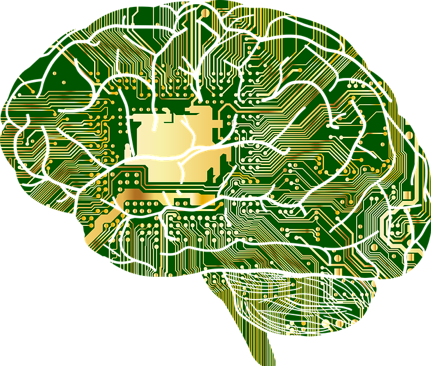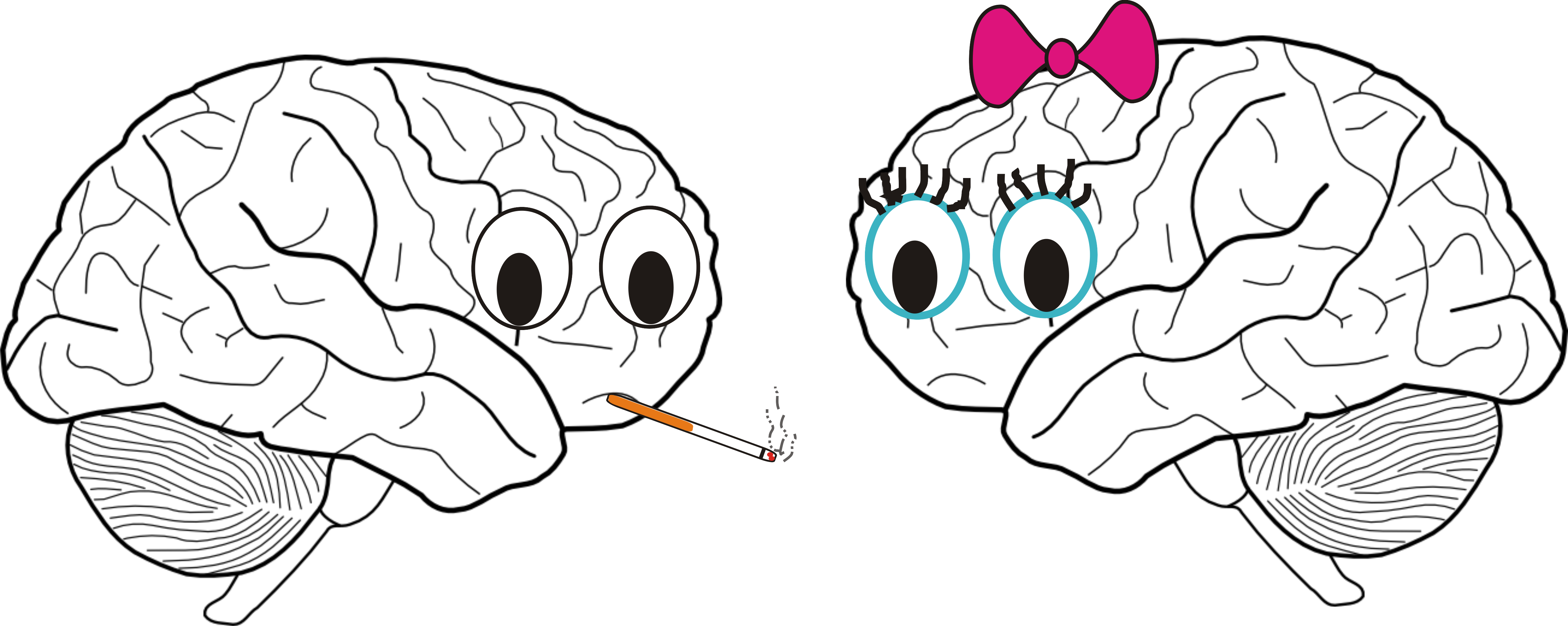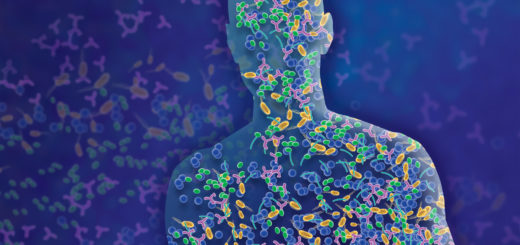Do Genes Cause Left-Handedness?

Around 10% of human beings are left-handed. Cave paintings have shown this has been the case since the Palaeolithic period (2.5 million years to around 10,000 years ago)1. But why is this the case? Research from last year suggests there may be a genetic basis for this trait and a technique called a Genome Wide Association study (GWAs)was used to investigate. GWAs works by scanning the human genome for specific areas that are associated with a certain trait and matching differences between individuals who have different versions of the trait of interest2. This study has provided some evidence to link handedness with different brain functions and the risk of developing certain neurodegenerative (deterioration in the nervous system) diseases3.
Narrowing the Genome Wide Associations
From 400,000 GWAs, four genetic variations were linked to handedness; three of these were also involved in brain development. The parts of the genome that differed between participants are known as Single Nucleotide Polymorphisms (SNPs)4. This phrase denotes a difference of one base pair at a given point of the genetic code. A base pair is one of the four the different chemicals (A,C,T or G) that make up our DNA5. For example, someone may have a G where someone else has an A, which results in that gene behaving differently in each person. Several hundred thousand SNPs were included in the analyses performed and it was found that chromosomes (structures that carry the genes in a cell) 2,6,17 and 22 all had SNPs associated with handedness6.
The brain’s scaffolding & neural networks
Wiberg and colleagues, who performed this study, focused on an SNP known as rs199512, located on chromosome 17. This SNP is involved in the expression of proteins which are key components of the neuronal cytoskeleton. The cytoskeleton can be thought of as the scaffolding of the brain. It also connects the white matter of the brain. White matter, among other things, allows different parts of the brain to communicate with each other. Brain imaging techniques that show what the brain is up to (its activity) have illustrated that left and right handed people’s brains are connected differently, particularly the language networks7. It was found that left-handed people had more interconnected networks than right-handed people8. This research suggests that this difference in wiring could point to ‘genetically-guided’ events that shape neurodevelopment9.
Genetics have long been known to influence our mental and physical health; some have a genetic predisposition to certain conditions, such as Parkinson’s disease and schizophrenia10. These same conditions are sometimes more likely to be found in left handed people. The research discussed here has linked both these conditions to the SNP rs199512, which is also active in influencing handedness11.
Hopefully, you are now able to understand that there may be a crossover in the genetics of handedness, brain function and certain medical conditions. However, this is the first study of its kind to assess these links at a population level, so further research and replication is needed to confirm the findings outlined here12.
Edited by Alex Brumwell & Frankie Macpherson
References
- See the original findings of this here: https://www.ncbi.nlm.nih.gov/pmc/articles/PMC1634940/
- For more information on the specific technique used, please visit: https://www.genome.gov/about-genosmics/fact-sheets/Genome-Wide-Association-Studies-Fact-Sheet
- To read the original work please see this link: https://academic.oup.com/brain/article/142/10/2938/5556832
- A more detailed explanation can be found at: https://ghr.nlm.nih.gov/primer/genomicresearch/snp
- For more on on base pairs and DNA structure, please visit https://www.genome.gov/genetics-glossary/Base-Pair
- To read the original work please see this link: https://academic.oup.com/brain/article/142/10/2938/5556832
- More information about white matter can be found at: https://www.dana.org/article/why-the-white-brain-matters/
- More information and specifics of this process are available here: https://academic.oup.com/brain/article/142/10/2938/5556832
- See more details at: https://academic.oup.com/brain/article/142/10/2938/5556832
- For more information on how, see: http://www.genesinlife.org/genes-your-health/how-do-genes-impact-health-and-disease
- More information and specifics of this process are available here: https://academic.oup.com/brain/article/142/10/2938/5556832
- More information available here: https://academic.oup.com/brain/article/142/10/2938/5556832










